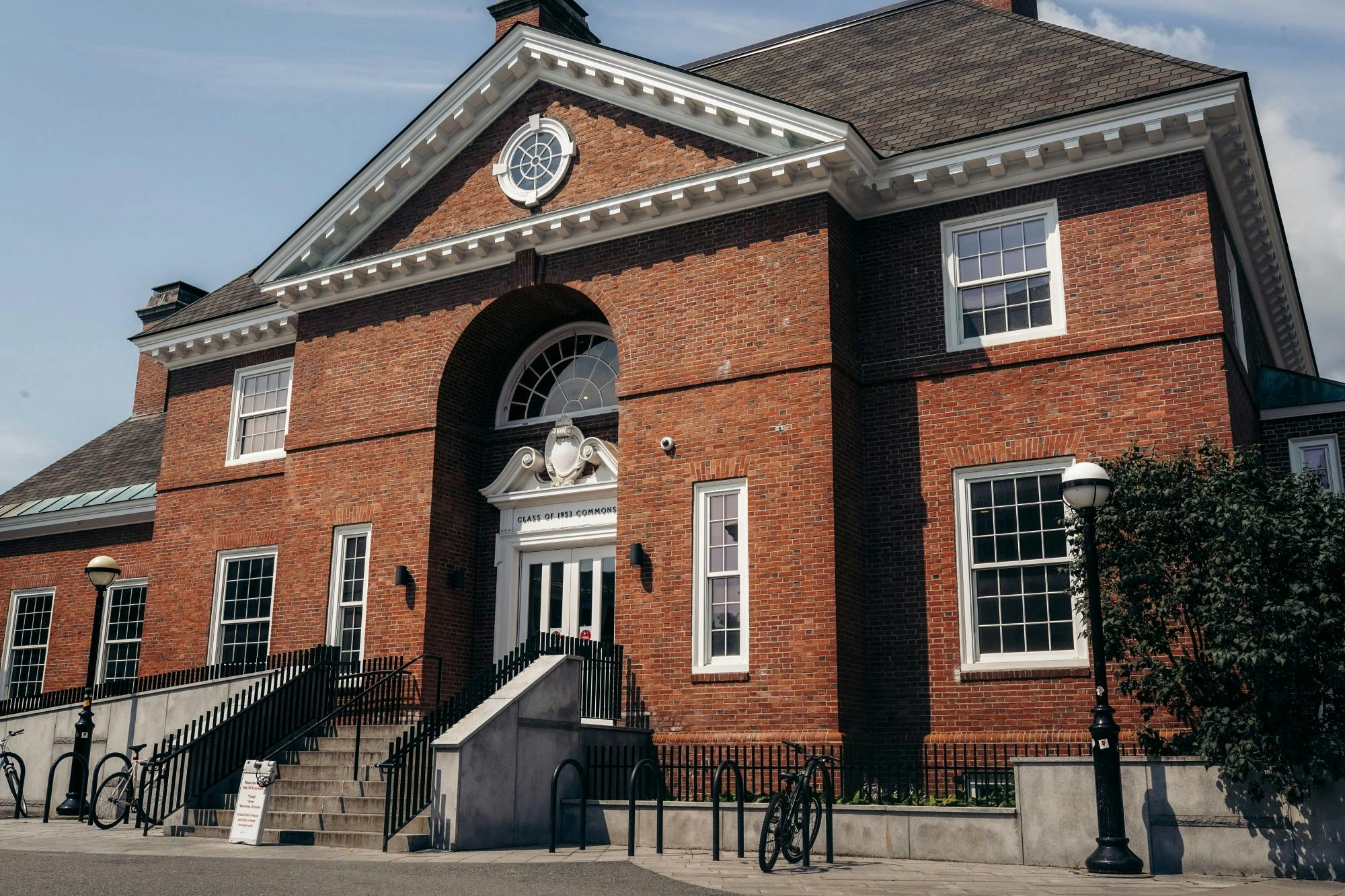By midnight on Feb. 21, the Student Worker Collective at Dartmouth voted unanimously to ratify a contract with the College for a new $21 hourly wage. According to SWCD vice chair Sheen Kim ’23, voter turnout was 90%, and the SWCD is ready to meet with the College to officially sign the contract.
The ratified contract includes an increase from $15 to $21 per hour base pay for the upper pay scale — which applies to student workers at Novack Cafe, Class of 1953 Commons, Courtyard Cafe, Ramekin and other cafe locations. Base pay for snack bar and Collis market employees will also increase from $13 to $20 per hour. According to Kim, there will also be a “small percentage increase” in wages in the future if Dartmouth’s cost of attendance increases. She added that along with increased wages, the contract establishes new sick pay and mental health pay policies.
According to SWCD treasurer and bargaining committee member ale morales ’24, the contract’s mental health pay clause outlines up to two hours of paid time off per term for students working less than eight hours a week, four hours for those working eight to 16 hours per week and six hours PTO each term for those working more than 16 hours a week.
“For us this is — at least in any contract we’ve seen — the first time that this [mental health pay] is formally recognized as an issue that needs a solution,” morales said. “We hope that this type of clause will become the norm in other undergraduate union contracts.”
SWCD chair Kaya Çolakoğlu ’24 said that the demands put forth in the proposed contract were based on a survey of what student DDS workers needed.
“We surveyed the student [worker] population, asked them what they want, what changes they would like to see in the workplace and what they valued,” Çolakoğlu said. “We put on a platform which was voted on by the membership, and then we got to work fighting for that platform. Most of the demands in that platform are now a reality.”
Çolakoğlu added that for the first time, Dartmouth Dining student workers will be able to earn additional “premium rates” as a result of the contract. With these new rates, students working after 10 p.m., during the finals period or during big weekends like Homecoming or Green Key will be paid 50% more than their regular salary.
The contract contains a no-strike clause, but the clause preserves SWCD’s right to sympathy strike in solidarity with other workers and conduct unfair labor practice strikes if working conditions “become egregiously unsafe or unacceptable,” according to Çolakoğlu.
Çolakoğlu said that SWCD is currently operating through donations and volunteer work, and lawyer Tim Belcher is advising them pro bono. She said that in the future there will be a 2% wage deduction from all students receiving the $21 hourly wage to fund the union.
SWCD submitted their proposal — which the College initially refused — on Jan. 24. During the week of Feb. 13, SWCD held a unit-wide vote to authorize a strike, which was approved by 99% of SWCD with 80% voter participation. On Feb. 17, SWCD announced its intent to strike if the College did not “accept its demands” by midnight. The College called a meeting Saturday evening, where they verbally accepted the SWCD’s proposal.
“[There were] like 30 of us in a crowded room and they say, ‘the College is prepared to accept SWCD’s January package proposal,’” Kim said. “It was very wild, and it was a very emotional moment for a lot of us. It was the fact that they had heard these demands, that they had an inkling of how far we were willing to go and of the power that we have as a unit and the power that we have as workers, giving our labor and our value to the school.”
College spokesperson Diana Lawrence and assistant vice president of business and hospitality David Newlove declined to comment.
Manuel Rodriguez ’23, who is a student manager at Novack Cafe, Cafe@Baker and a snack bar worker, said he believed that an hourly wage increase is especially important given the diverse population that works at Novack.
“Novack definitely has a lot of student workers who come from first-generation, low income backgrounds, queer backgrounds — a lot of underrepresented groups on campus,” Rodriguez said. “For me at least, the increase to $21 an hour does offer the opportunity for a lot of us to pay our Dartmouth bills and pay for different expenses that might come up as an emergency, [or] send money back home.”
ale morales is a former member of The Dartmouth’s Arts staff and Sheen Kim is an opinion writer.




